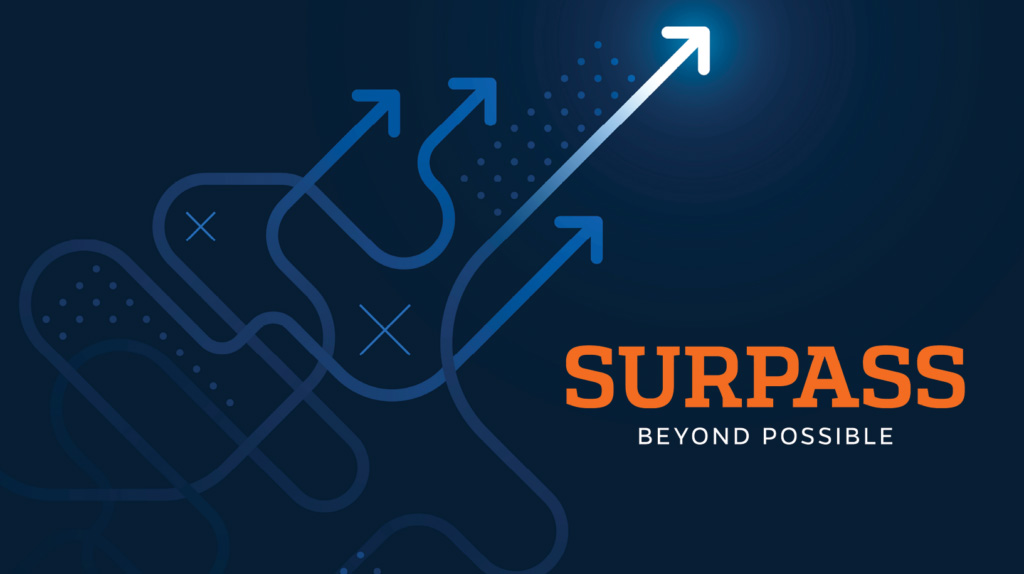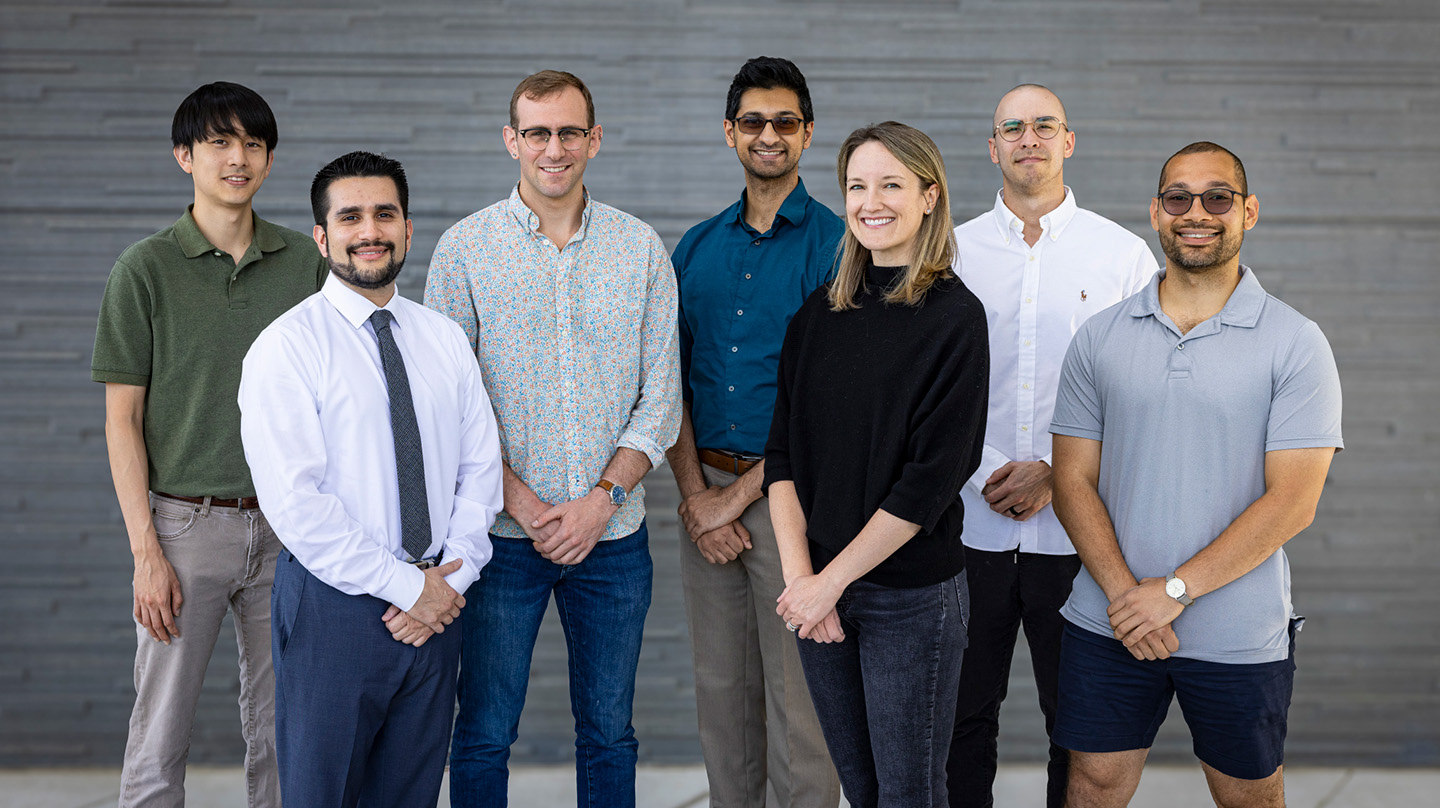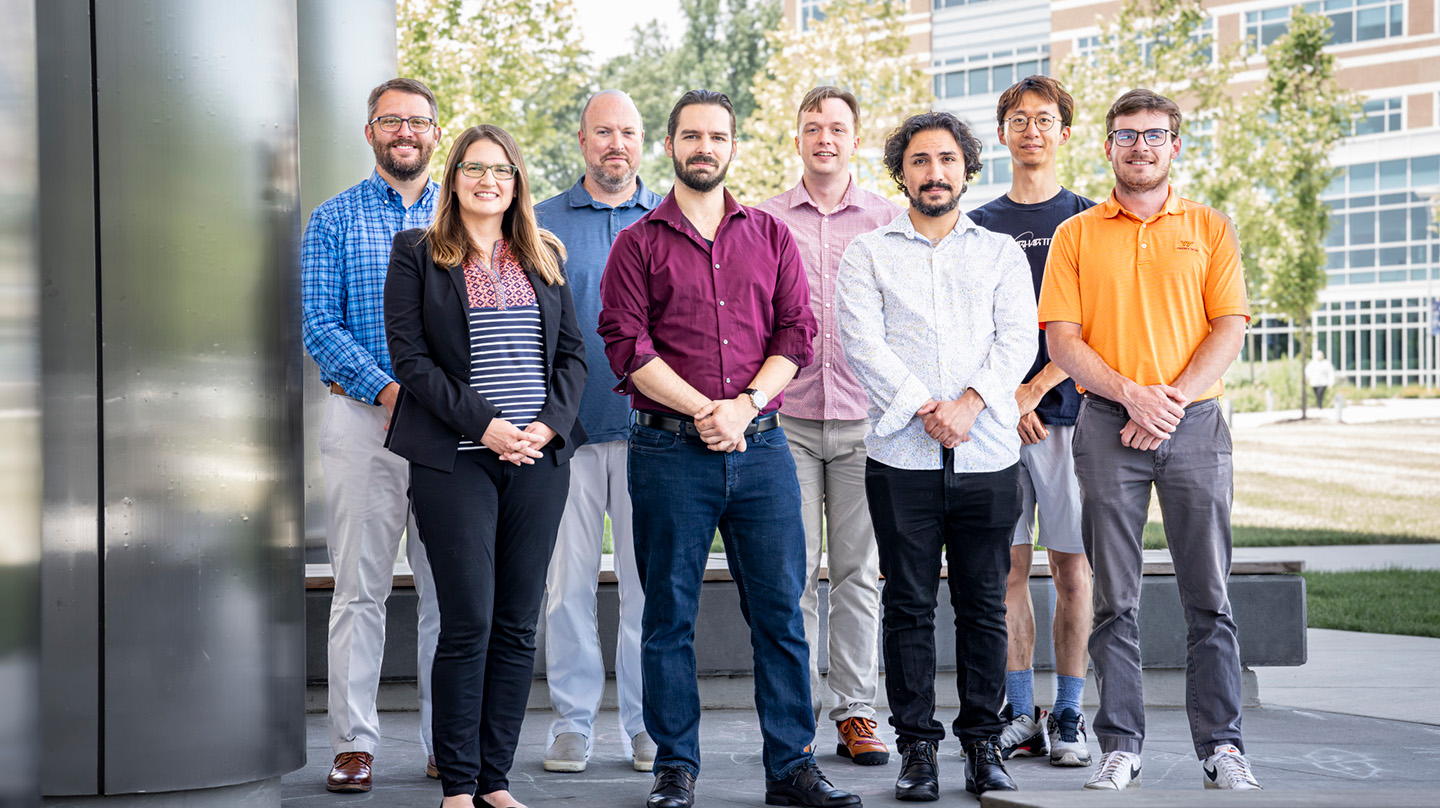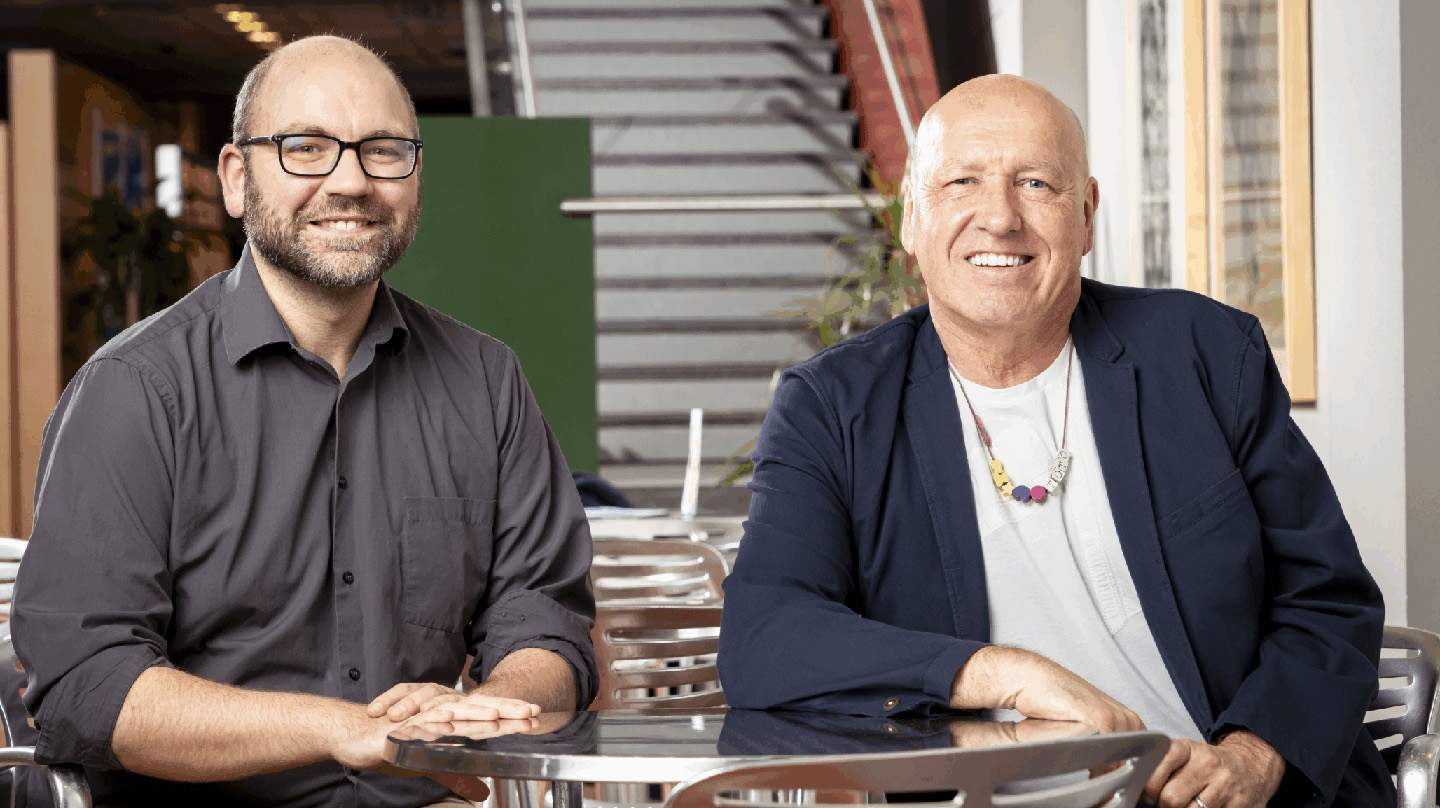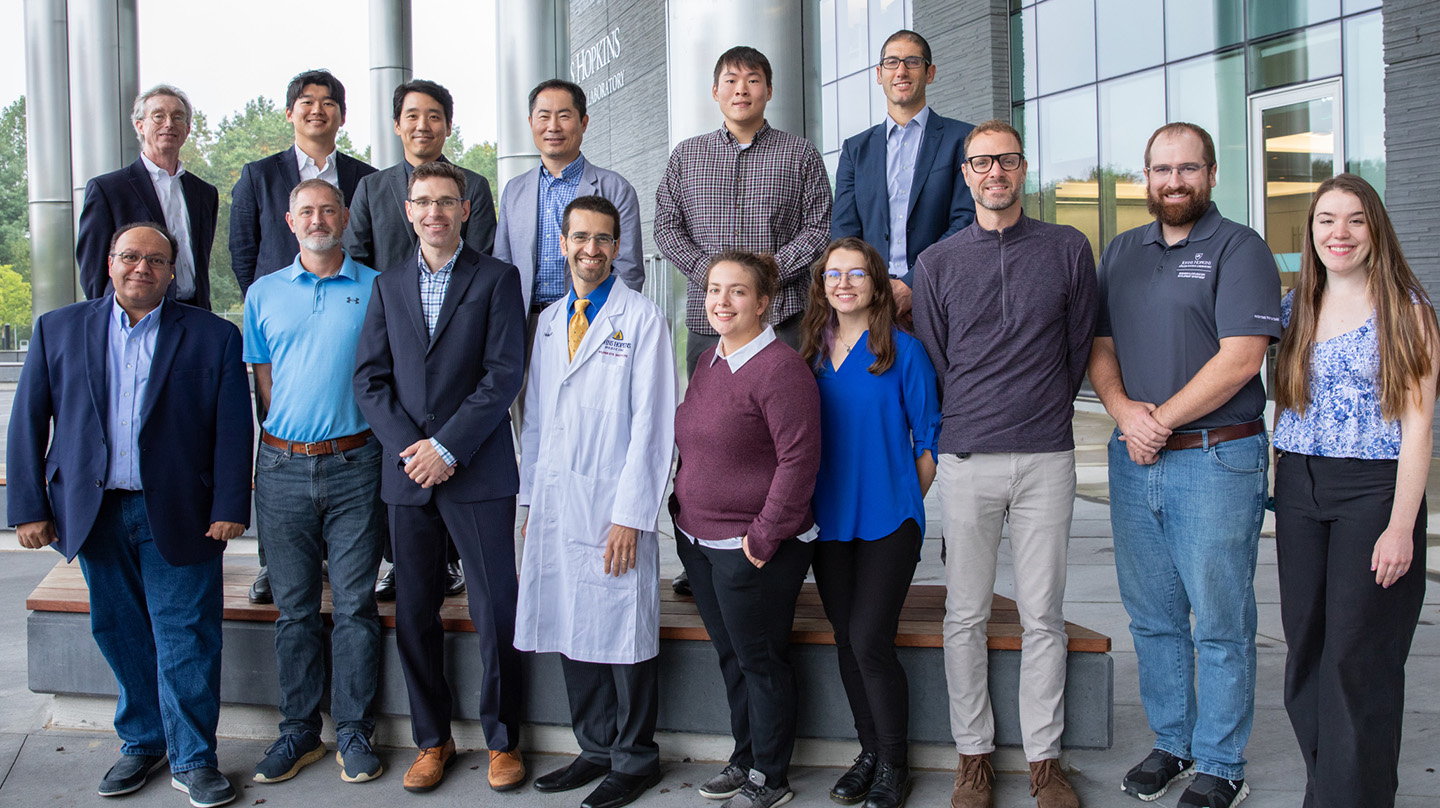News
Johns Hopkins Teams Poised to Create Transformative Technologies
Cheap and plentiful hydrogen harvested from water. Lightning-fast biocomputers running on brain-like substrates. Widely available noninvasive brain scans for early detection of neurological disease. A visual prosthesis in the form of glasses that returns sight to people with previously incurable vision loss. These are the four boundary-pushing proposals funded in this year’s cycle of the Johns Hopkins University’s SURPASS initiative.
Launched in 2022, the SURPASS program — a joint effort between the university’s Whiting School of Engineering (WSE) in Baltimore and the Applied Physics Laboratory (APL) in Laurel, Maryland — aims to solve some of the world’s most pressing problems and overcome seemingly insurmountable challenges.
“The four final SURPASS proposal teams demonstrated remarkable promise to take their research to the next level, and have been awarded funding to help realize this potential,” said Ed Schlesinger, dean of WSE. “These proposals have the potential to lead to even larger translational efforts that have the potential to bring enormous benefit to people and society.”
“The projects selected for this cycle are focused on bold new technologies,” said APL Director Ralph Semmel. “The innovative partnerships between APL and the Whiting School are inspiring both for our researchers and for the promise they hold to improve the lives of people around the world.”
The program’s second call for proposals garnered 36 white paper submissions, five of which were selected to be developed into full proposals. Ultimately, SURPASS awarded funding to four teams, providing a total of approximately $3.75 million across the selected teams for 18 months of performance. Three of these teams are continuing work from the program’s first cycle, based on the progress they’ve already made and the high potential of their work.
Each proposal is led by two principal investigators (PIs), one from APL and the other from WSE. SURPASS leverages WSE’s and APL’s technical strengths and research and development communities, supporting cross-divisional teams dedicated to using innovative, multidisciplinary approaches. The program pulls in experts from across JHU, including the university’s School of Medicine (SOM) and the Bloomberg School of Public Health (BSPH). Additionally, SURPASS partners with APL’s Research and Exploratory Development Mission Area, which serves as a transition agent, assisting with exposing SURPASS technologies more broadly.
Here are the four teams selected to receive funding.
